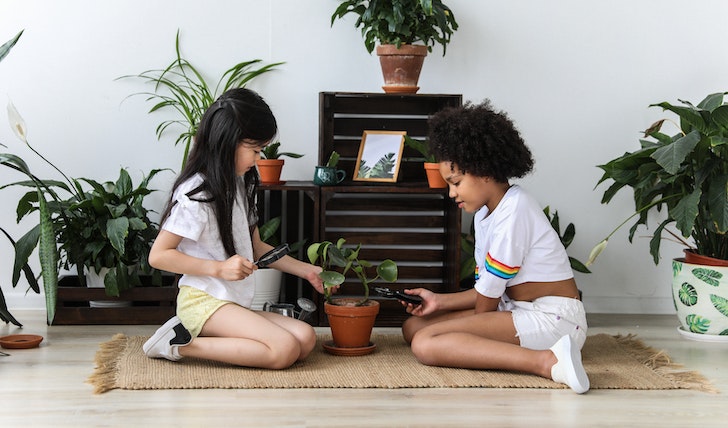Do you want to be happier and healthier? It turns out that one of the most powerful ways to do this is by being kind. Research finds that when we are kind, not only do others benefit. But we also reap the rewards of improved well-being. And after all, kindness knows no language. Everyone can feel and acknowledge it.

In this article, we will explore why being kind is beneficial for your mental and physical health. Along with that, we will also offer practical tips on how to be kinder to yourself and those around you.
The Benefits of Being Kind
One study finds that acts of kindness can have a profoundly positive impact on our psychological well-being. People who had performed five or more random acts of kindness in one day reported feeling significantly happier than people who had not.
The study concludes that this is because when we perform acts of kindness, our brains release endorphins. These are chemicals that make us feel happy and content.

Another study finds that being kind can actually reduce physical pain. The study asked participants to rate their levels of physical pain before and after they had done something kind for someone else or themselves.
It was found that the participants experienced a reduction in levels of physical pain after performing an act of kindness, thought to be linked with the release of endorphins as outlined above.
Being Kind to Others
One way you can be kinder to those around you is by genuinely listening when people talk without trying to offer advice or solutions. This can be especially difficult in stressful situations. But by actively listening you can help someone feel heard and understood.

You could also let people know that you appreciate them by expressing your gratitude for the things they do for you or simply saying nice things about them. This can help boost their self-esteem and make them feel valued.
Being Kind to Yourself
It is just as important to be kind to yourself as it is to be kind to others. One way of doing this is to practice self-compassion. Being understanding and forgiving when you make mistakes or find yourself in a challenging situation. Self-compassion helps us become more resilient in tough times, rather than getting overwhelmed and giving up.
You can also treat yourself with kindness by taking time out of your day to do something you enjoy, such as going for a walk or reading a book. This will help prevent feelings of burnout and make you feel more energized.
The Final Word
Being kind has numerous benefits for our mental and physical well-being. Yet, it is so often overlooked. The old goers used to say that kindness is language a deaf can hear and a blind can see. And that is so true.
So, if you want to be happier and healthier, start being kinder to those around you and yourself. It may not seem like much but the effects could be huge – both for you and those around you.




